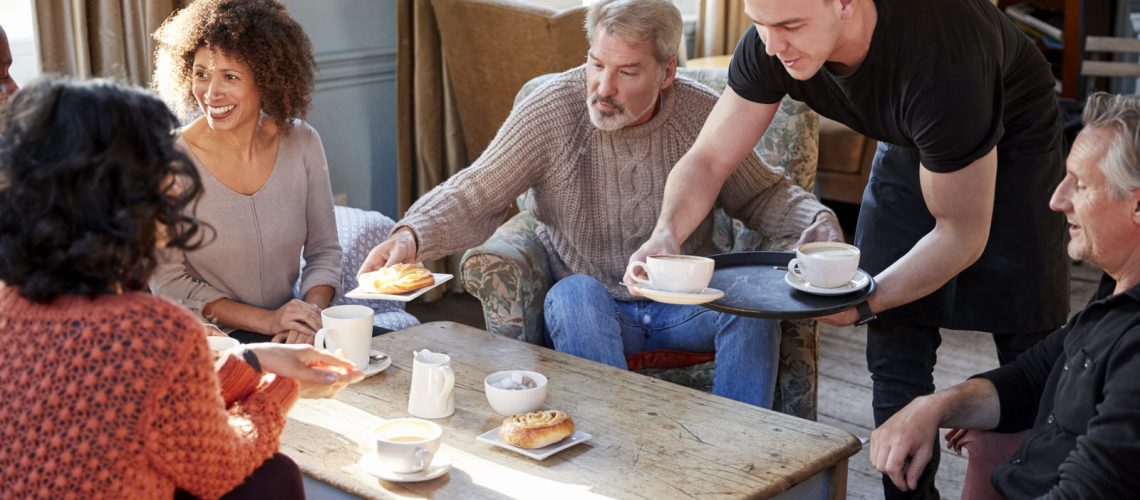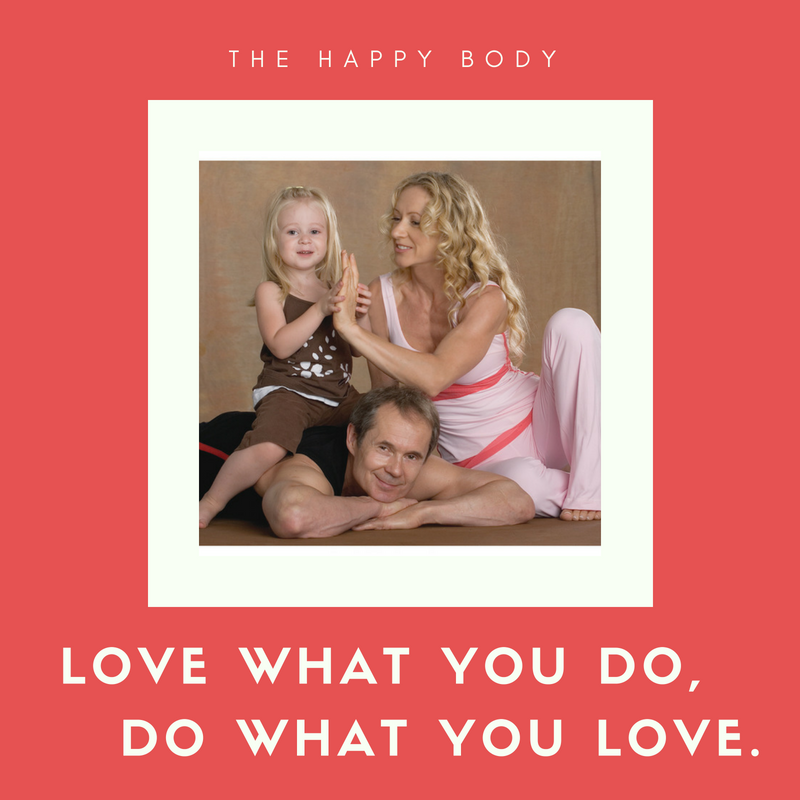It’s late evening and you are about to sit down to dinner. You have a desire to gorge yourself because your day was hard, and you feel exhausted, frustrated, and “starved.” You’ve been anticipating this moment for hours as the chance to finally nurture yourself. Your menu includes all soul food dishes you love—but that what gets you in trouble. The stage is set for emotional eating, so what can you do? How do you stop yourself from repeating the same mistake over and over?

The old cycle starts with negativity—your judgment of the day and all the challenges that came with it. You carry it home in your bag, so your imaginary guests at the dinner table are all the people you interacted with who left you drained and unhappy. If you overeat, what you’re “feeding” is pure dissatisfaction with what happened and your helplessness, or lack of influence on the outcome. You go over the choices you had and missed, opportunities presented and not seeing them at the time. The list of should, could, and ought appears on your dessert plate as you gulp a third glass of wine (you know you should have only one.)
So the question is, what would be a successful day and how do you create it?
To put it simply, success is manifesting achievement in the physical world, from ideas to real things. But success is not just status, it’s also the act of creating an atmosphere or a feeling in others. The other day I took a break and found myself in a long line at Peets’ Coffee, watching two baristas work behind the counter. One was greeting customers with a big smile, chatting with them as they ordered, rushed but still on task. He was still relaxed and graceful, but efficient. The other one seemed preoccupied with the line, as if he were counting everyone waiting. His lips were tight and he seemed focused on moving people through, boiling the transaction down to the order and payment. The baristas were doing the same job, but they were creating two different outcomes. I was lucky to end up with the one who really “saw” me and made the coffee the way I like it, tossing in a moment of chat. I felt visible and important to him. And I carried this feeling with me after I left. I also expect that this barista doesn’t come home exhausted and frustrated at night. I can imagine him playing his guitar and writing songs after a light meal.

There’s a saying, “Love what you do; do what you love.” You can create love. One of my clients hated exercising. She had no problem controlling her food intake but when it came to doing the daily routine, she would detest every minute. I told her to do it anyway, and to practice it with joy. Slowly she started noticing that her back was hurting less and he knees weren’t creaking on the stairs. And soon she no longer minded the workout. Then she started noticing that she didn’t feel good when she didn’t do it. Eventually, she came to the place where she really looked forward to it. She created love for the practice.
We’re attracted to heroic acts and grand gestures, but it’s the small acts—the smiling, the warm chat, the resisting cake, the performance of daily exercises—that build the muscle of inspiration, motivation, and connection. You don’t need to be heroic to create good feelings, there’s a serotonin rush in giving your attention to what really matters, whether it’s the people around you, your own deeper feelings, something creative, or the health of your body. In the end, these are all the things that make a successful day.

DEEPER CONTEMPLATION
Can you have success in life but lack significance? Or can you be significant but lack success?
How can we, on our own, love the moment of life we’re in? Are you like the happy barista in some situations, but like the tense, transactional one in others? Is it possible to love what you’re doing no matter what, even if it’s not special?
Is being joyful a muscle you can grow? Do you believe that your temperament is with you throughout life?
Leave your response below in the comments.




My doctor has a screen saver on his computer – Laughter is the best medicine.
I agree, being happy, finding happiness (peace, success, joy, wonder) in life is the key.
I am really starting to love my exercises. I am 62 and had both rotator cuff tendons repaired last year. The exercises my surgeon gave me were difficult at first, but the reward is now I have shoulders and arms that are mobile. Thanks to your program that I started this year in May my outlook is positive for weight loss, increased flexibility and strength. I am Australian, love line dancing and playing with my grandchildren.
Hi Janine,
Thank you for sharing your positive outlook on life, in spite of all the challenges. I agree that humor and laughter is the best medicine, especially in times that are demanding and stressful. Beside a good workout for the belly and facial muscles, giggles and chuckles (especially coming form children – they are infectious) are like a warm shower that can relax the body.